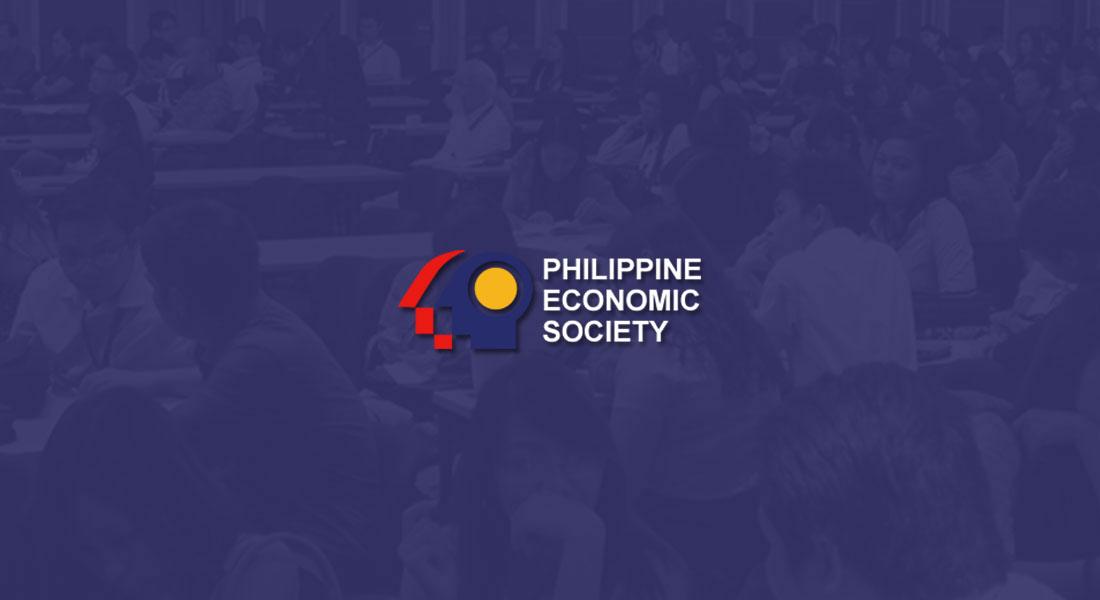
THE government’s projection that GDP growth will reach 6.5 to 7.5 percent next year can be achieved if it would pump more money into the economy, according to economists from the Ateneo Center for Economic Research and Development (Acerd).
Acerd said stimulus spending, and not the vaccine or herd immunity, will help the economy which contracted in the second quarter following the implementation of lockdown restrictions meant to stop the spread of Covid-19.
In a recent presentation at the Philippine Economic Society (PES), Ateneo School of Social Sciences Dean and Acerd Senior Fellow Fernando T. Aldaba said the combined impact of Bayanihan 1 and 2 as well as the national budget will lead to a growth of 4 to 4.5 percent next year and 4.5 to 5 percent in 2022.
“If they add more stimulus and spend more, it’s [government forecast of 6.5 to 7.5 percent] possible given base effects,” Aldaba told BusinessMirror over the weekend.
“[At the current level of spending the] fastest recovery [could happen] maybe in the second half of 2022 where we can grow over 6 percent, but getting to the 2019 level will most probably be in 2023,” he added.
Based on the Development Budget Coordination Committee (DBCC) estimates, GDP is expected to average 6.5 to 7.5 percent in 2021 and in 2022. This, after the economy posts a 4.5-percent to 6.6-percent contraction in 2020.
Aldaba said confidence remains a problem in the Philippines. Ending the lockdowns, Aldaba said, is not enough to restore the confidence of Filipinos and will undermine the economy’s growth. The uncertainty brought by the Covid-19, Aldaba noted, has already altered the behavior of Filipinos even without restrictions imposed by the government.
In order to restore confidence, efforts to implement effective contract tracing should be intensified; the implementation of credible and consistent communication about health interventions; and delivering public health measures and protocols effectively and sufficiently to prevent transmission.
“We need, really, confidence. We have to build confidence for economic recovery. We shouldn’t really wait for the vaccine or herd immunity because that will take maybe 2-3 years. So the government and other sectors must really be able to build confidence so that our economic recovery will resume,” Aldaba said in his presentation.
Aldaba noted that surveys done by the Social Weather Stations (SWS) showed that 85 percent of adult Filipinos are worried that their immediate family members could catch Covid-19.
The SWS survey results also showed 77 percent of adult Filipinos considered it risky to go to the market and 65 percent of those who have jobs consider it risky to go back to work.
He said these findings are similar to the results of the Pulse Asia survey showing 97 percent of Filipinos expressed concern about getting sick due to Covid-19 and 84 percent of Filipinos are worried about contracting Covid-19.
Aldaba said in the end, this is what it takes to provide a much-needed boost to the economy: Filipinos should be confident enough to travel and commute; go to retail stores; groceries and pharmacies; parks and entertainment centers; and go to their workplaces.
Earlier, Senator Ralph G. Recto explained that if the country did not experience a pandemic, the economy would have grown to around P20 trillion to P21 trillion from the estimate of P19 trillion this year.
Accounting for the pandemic just this year, Recto—a former Socioeconomic Planning Secretary—estimated that the cost to the economy could mean 10 million minimum wage jobs.
Given these dismal estimates, Recto said limiting the GDP’s contraction to just around 6.6 percent this year would prove to be difficult.
 Philippine Economic Society (PES)
Philippine Economic Society (PES)